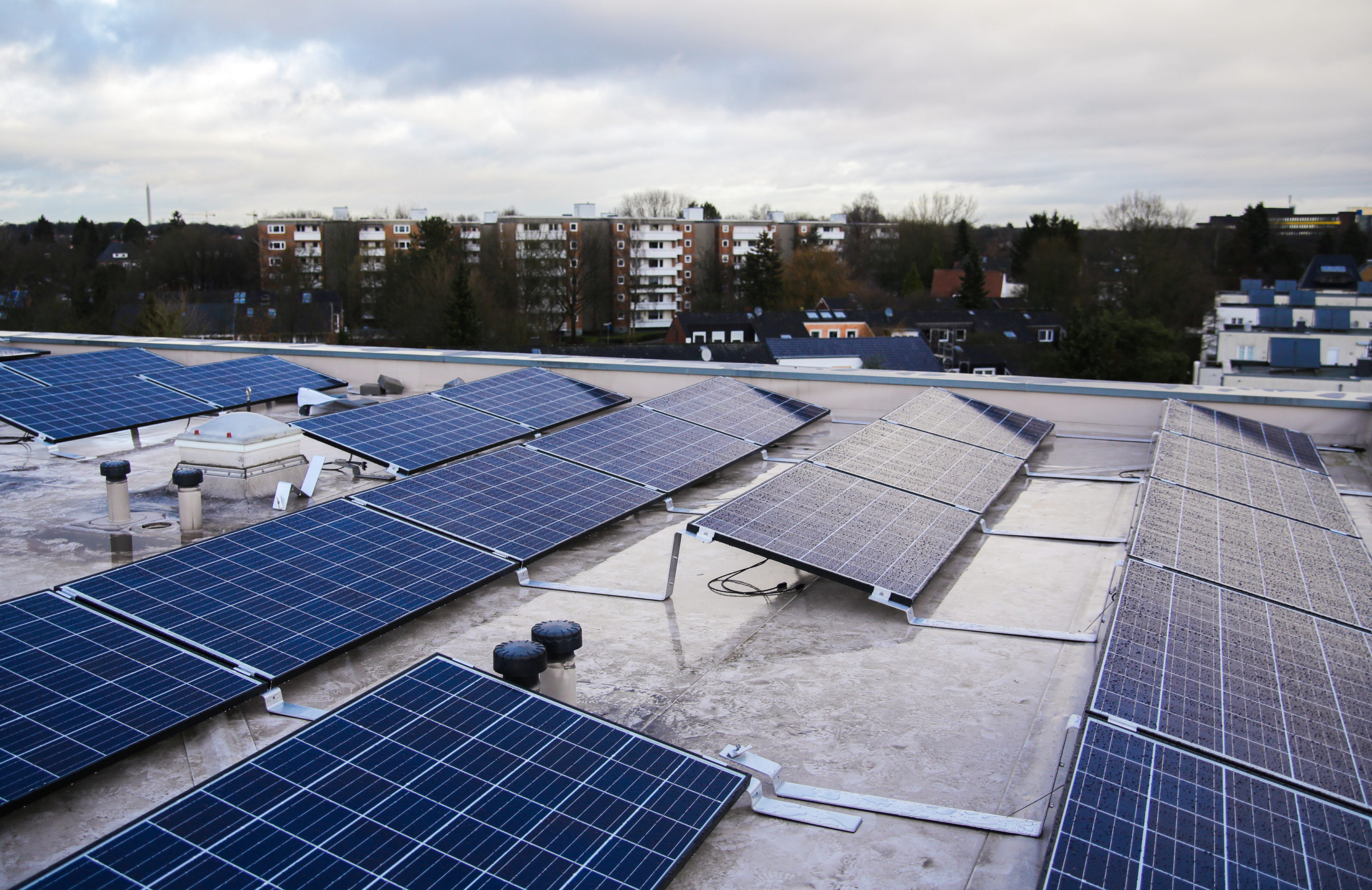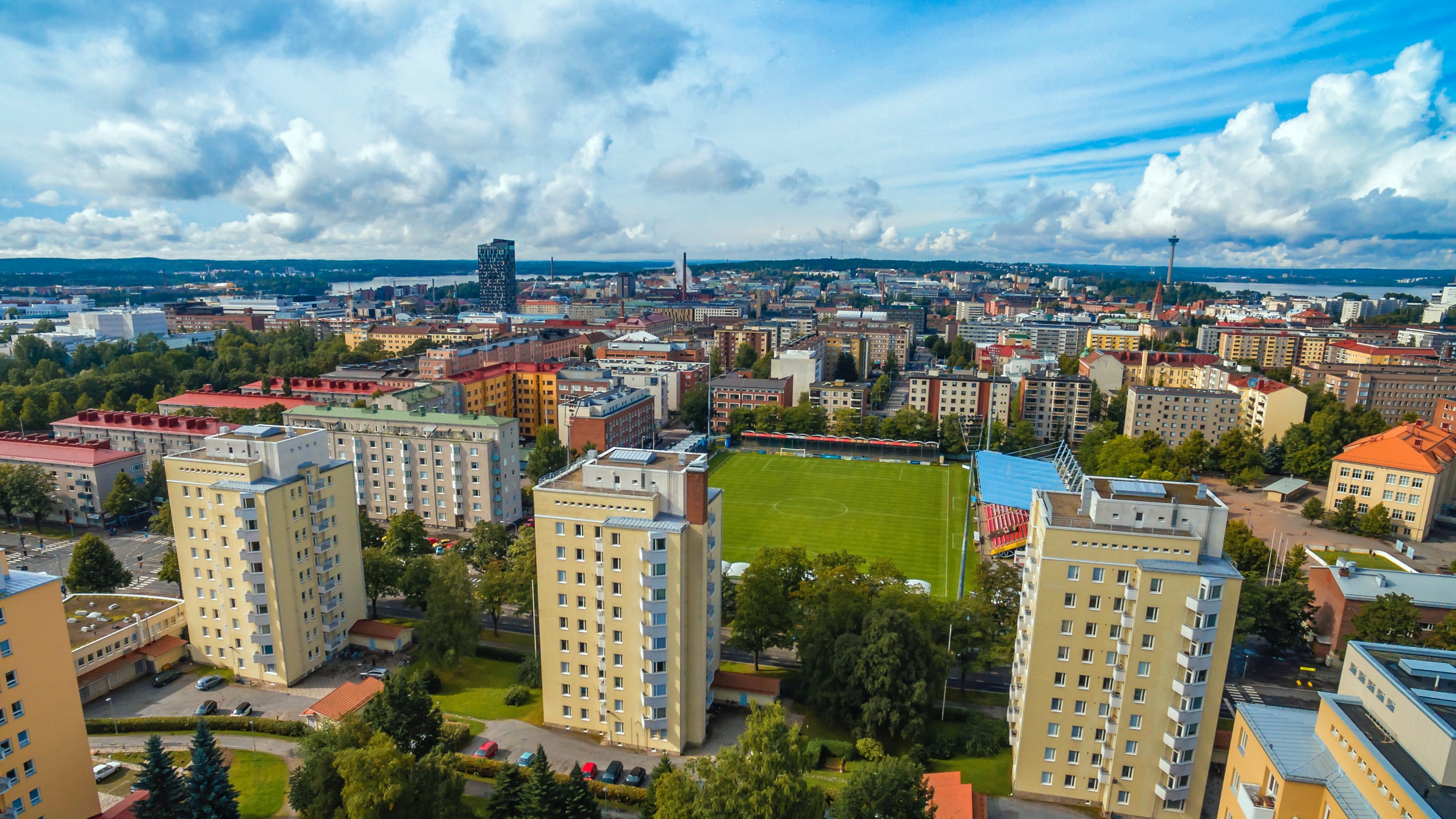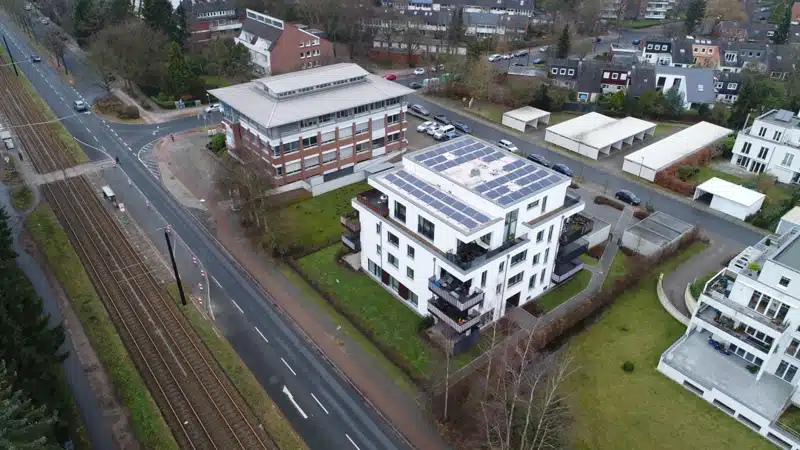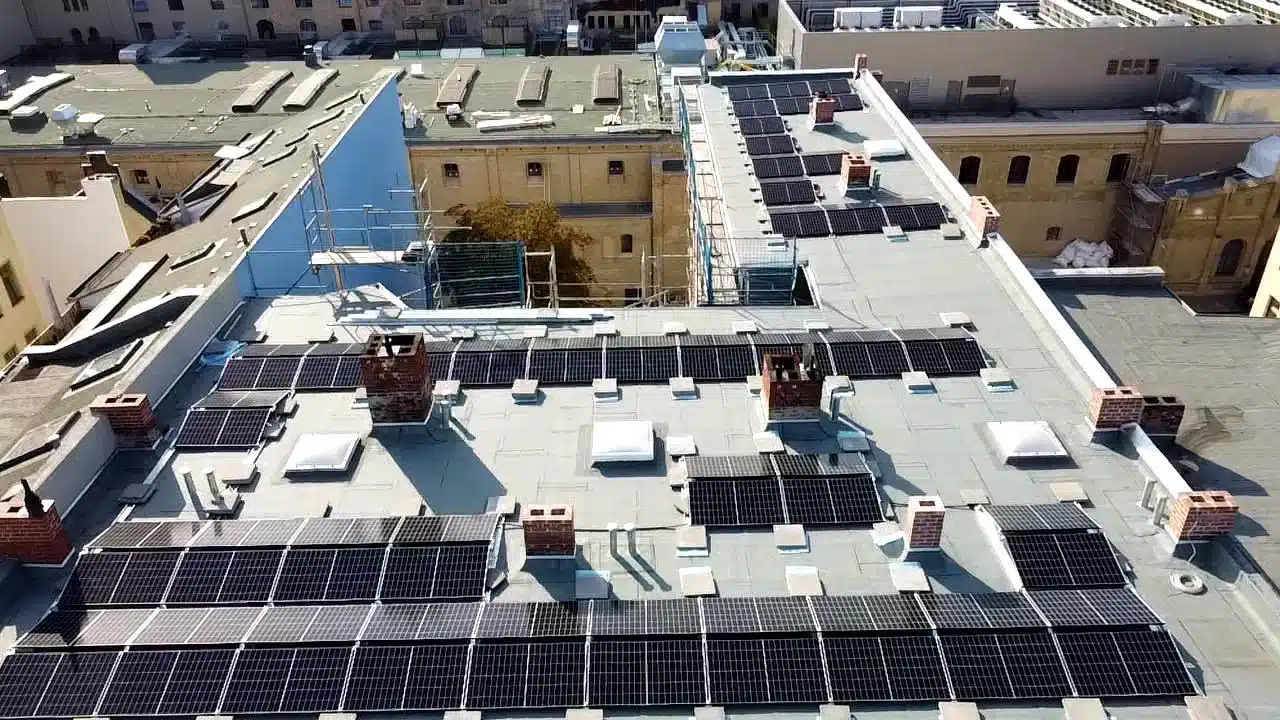Why multi tenant self consumption?
30 Jun 2021
"From the roof to the socket" - that is multi tenant self consumption. On the roof of a multi tenant building or commercial property, a photovoltaic system (hereafter: PV system) converts sunlight into cheap electricity and delivers it to the tenants on site. The trick is that the landlord does not suddenly have to transform himself into a licensed energy supplier liable for business tax, but simply engages third parties to take on the role of energy supplier. If the sun does not shine, they supply residual electricity from the grid.



